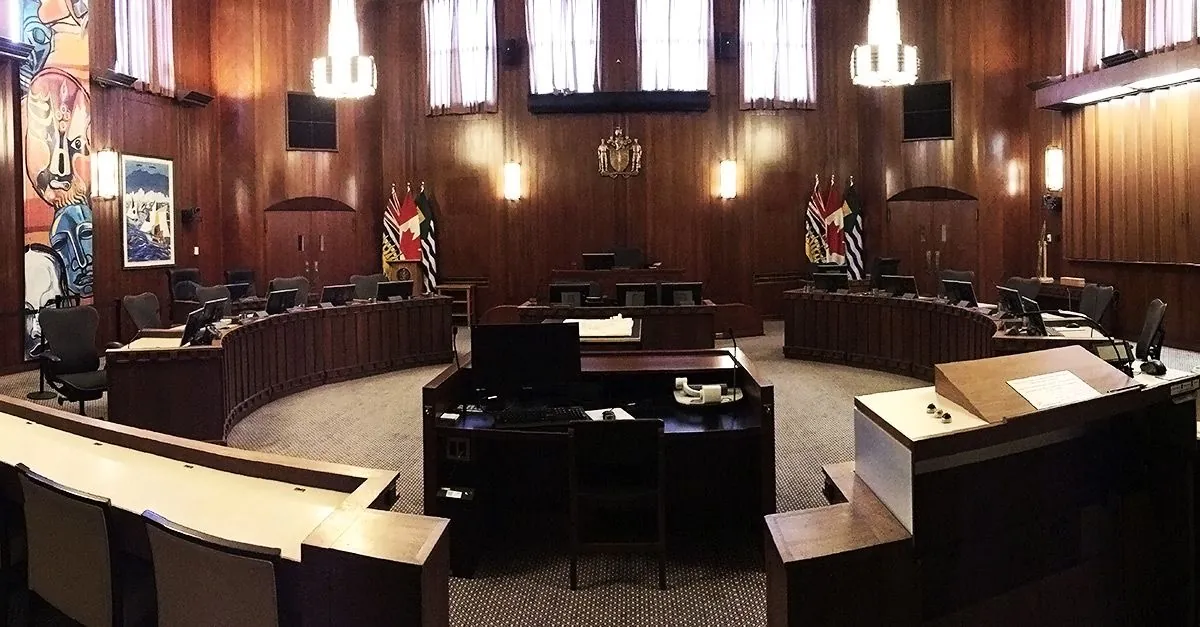Navigating Religious Content in Public Sector Workplace Meetings
A city employee grapples with religious discussions in staff meetings led by the city manager. Expert advice offers strategies for addressing workplace religious expression while maintaining professional relationships.

In a recent development, a city employee has raised concerns about the introduction of religious content in weekly staff meetings led by the city manager. The situation highlights the delicate balance between personal faith expression and maintaining a secular work environment in the public sector.
The city manager has incorporated discussions based on a religious podcast into the meetings, covering leadership topics through biblical stories and religious perspectives. While attempts are made to secularize the content, the employee feels uncomfortable with the religious undertones.
Jonathan Segal, an employment attorney specializing in workplace faith issues, provides insight into this complex situation. He notes an increase in faith-related conflicts in workplaces, emphasizing the challenge of balancing rights:
"One person's deeply felt religious view may be another person's discomfort — and both can be right."
This scenario reflects broader debates about the separation of church and state, a principle rooted in the First Amendment of the U.S. Constitution. The Equal Employment Opportunity Commission (EEOC) enforces laws against religious discrimination in the workplace, as mandated by Title VII of the Civil Rights Act of 1964.
Segal advises assuming goodwill and seeking diplomatic solutions. He suggests:
- Requesting secular summaries of key points
- Proposing alternative leadership podcasts
- Asking for religious discussions to be scheduled at specific times
These approaches allow for participation in essential work matters while respecting personal beliefs.
The employee's dilemma reflects a growing trend in workplace religious diversity. According to a Pew Research Center survey, about 63% of Americans identified as Christian in 2021, highlighting the importance of accommodating various beliefs in professional settings.

Studies indicate that religious diversity in the workplace can enhance creativity and problem-solving. However, it's crucial to maintain a balance that respects all employees' rights and beliefs.
If concerns persist about potential bias or subtle punishment for non-participation, the employee may need to consult HR or legal counsel. The U.S. Department of Labor provides guidelines on religious discrimination and accommodation in the workplace, which can serve as a reference in such situations.
Ultimately, navigating religious expression in the public sector workplace requires a delicate balance of respecting individual rights, maintaining professional relationships, and upholding the principles of religious neutrality in government settings.


































